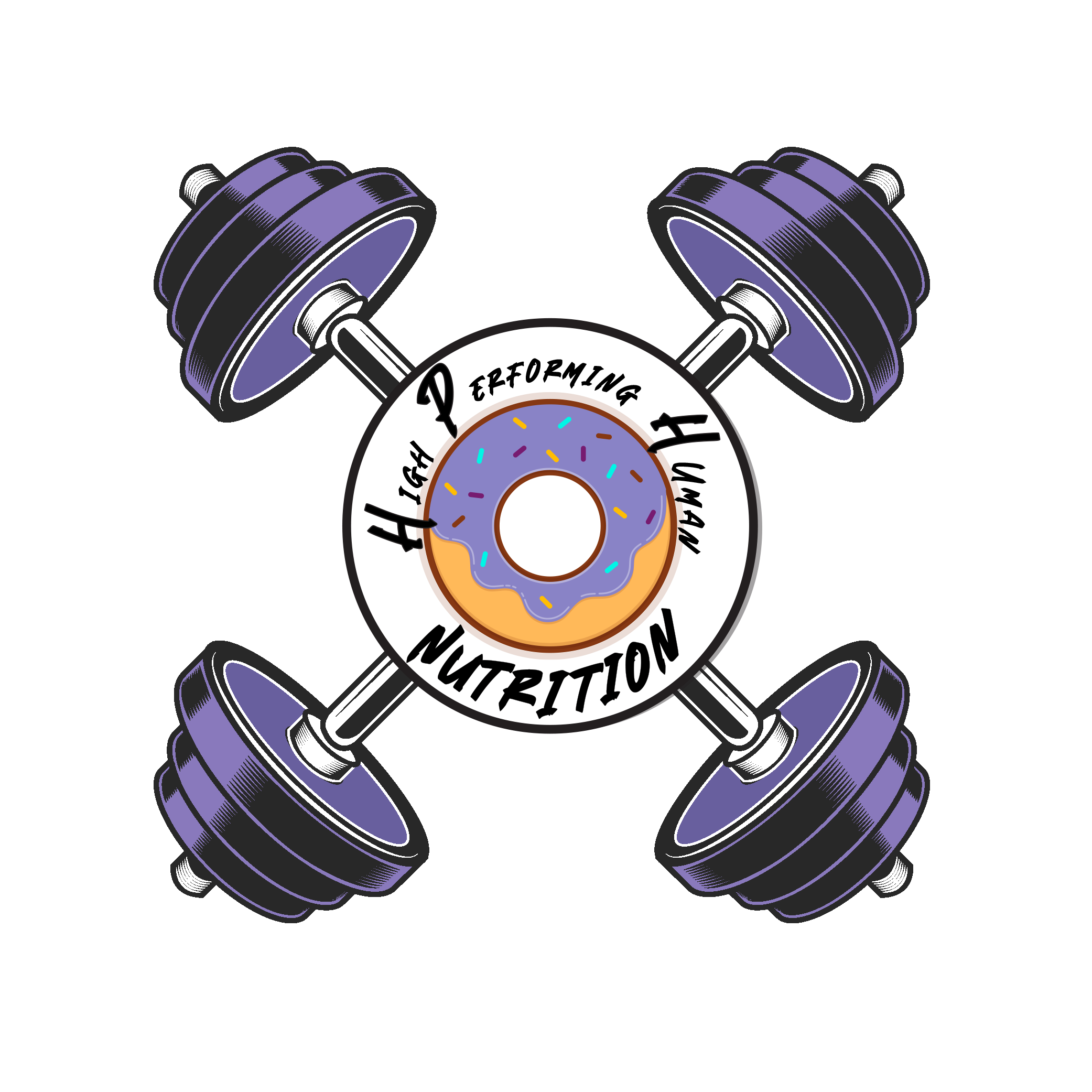For almost a year now I have been writing for Sports Finest Magazine. Every month you’ll find a new article related to fitness, nutrition, sport, or health. Here’s my article form the February issue. Be sure to check out the magazine, especially if you’re a fan of sports based in Michigan’s Thumb!
The media bombards us with diet, exercise, and other weight loss trends on the regular. This diet, that detox, the new 20-minute workout, the list goes on and on. I decided to go through and list some of the more recent diet trends or ones that seem to be sticking around for a while to at least give you all a description of what these things are.
As a disclaimer, this content is purely to provide information. Listing these different types of diets here does not represent any sort of bias or support in any way.
Keto
In a ketogenic diet, you’re putting your body in a state of ketosis by relying almost solely on fat as an energy source. Glucose (carbohydrates/sugar) is the preferred fuel of the body. If the body has glucose it will use that first. If you don’t eat carbohydrates, your body needs something to burn and fat is the next likely candidate. Fats breakdown and the product of this breakdown is ketones, which your body can use as a fuel source. Most people believe they’re on a ketogenic diet when really what they’re doing is more of a “low carb” approach (see next section). Those that are truly in ketosis are checking their blood ketone levels for compliance and eating only about 5-10% of calories from carbohydrates and 60-75% from fat. Protein is limited to only a moderate amount as your body can choose to convert protein to glucose if it feels it necessary. If you’re looking at a standard 2000 calorie diet, it’s only 25-50 grams of carbohydrate per day. In other words, an avocado, 1 cup of broccoli, and 2 mandarin oranges would be your limit for foods with any carbohydrates, and carbohydrates are everywhere!
Low Carb
The low carb approach is not as strict as keto, but it’s the same idea. With this diet you may eat more like 100 grams or even closer to 150 grams of carbohydrate each day, but this depends on the person and how much you’re eating in total. For this protocol, carbohydrates fall more into the range of 20% of total calories.
Paleo
In the paleo diet, you’re avoiding a number of food groups like dairy, grains, legumes, starchy vegetables, sweets, artificial sweeteners, processed foods and meats, and sugary drinks including fruit juices. Some versions are less strict, but that’s the basic outline. The diet encourages eating whole foods that would have been available to our hunter and gatherer ancestors.
Pegan
The pegan diet combines both paleo and vegan approaches. The focus is on plant-based nutrition like fruit and vegetables, suggested to make up 75% of the diet. There is a moderate amount of meat allowed as well as fish, nuts, and seeds, even some legumes. Some grains are also acceptable like quinoa, rice, and oats. The major restrictions in this diet include dairy, gluten, most legumes, sugar, refined oils, and food additives.
Carnivore
Love meat? How much? The carnivore diet relies on animal products only, a vegan’s complete opposite. Most people in the media are promoting this as a meat-only diet. Dairy technically comes from animals, but is usually limited. Meat is cooked in fatty meat products like tallow or lard and seasoned with nothing more than salt and pepper.
Mediterranean
A recent diet promoted for overall health is the Mediterranean diet. You eat fruits, vegetables, nuts, seeds, legumes, potatoes, whole grains, breads, herbs, spices, fish, seafood, and extra virgin olive oil. Meats allowed in moderation are poultry and eggs while red meats are suggested to be eaten rarely. Added sugars, processed meats, refined grains, and refined oils are avoided entirely.
Zone
The Zone Diet claims to be a program to reduce inflammation. The diet requires a balance of macronutrients following the pattern of 1/3 of your plate lean protein, 2/3 of your plate carbohydrates (small amounts of fruit, focus on nonstartchy vegetables and legumes), and only small amounts of monounsaturated fats (olive oil, avocado, almonds). The Zone Diet website also sells food replacements and other supplements that fit into the diet.
Flexible Dieting
This is where the term, “If it fits your macros” originates. In flexible dieting, your focus is staying within given macronutrient ratios and not so much about the types of foods you eat. Usually, you calculate your total calorie needs using a specific equation, then you breakdown your macronutrients from there. Commonly, carbohydrates compose 45-65% of all calories, protein 10-35%, and fats 20-35%. People find this diet easy to follow because they can fit foods they like into their day as long as they fall into the suggested ranges of each macronutrient by day’s end.
As I mentioned above, I’m not necessarily in support of any of these trends. In fact, I find that there are pros and cons to all of the approaches listed. When you’re working on your nutrition, you have to choose a path that will be sustainable long-term. Diet protocols that only last a few weeks or months and drastic weight changes that happen quickly are actually detrimental to the body. Committing to lifestyle changes in regard to diet is the only way to work towards continued success. Along with making changes that you’re willing to conform to for the long haul, nutrition also has to be individualized. The types of foods/macronutrients I may do best with won’t necessarily work for everyone!
If you’re interested in making serious changes and you want to do it right, get with a nutrition professional. While the nutrition journey is trial and error, having an individual educated on the topic can help you find what’s best for you!
